Increase the number of visitors to your website by utilizing pay-per-click advertising
Buy CPC Traffic | Buy Display Ads | Exclusive traffic sources | Buy Push Ads | Popunder ADS | Buy Native Ads | Buy Preroll Ads
Buy CPC Traffic | Buy Display Ads | Exclusive traffic sources | Buy Push Ads | Popunder ADS | Buy Native Ads | Buy Preroll Ads
Are you looking to increase the visibility of your website and drive more traffic to it? If so, pay-per-click (PPC) advertising could be just what you need. By utilizing PPC advertising, you can reach a wider audience and attract targeted visitors to your website. In this article, we will explore the benefits of PPC advertising and how it can help boost your website traffic.
PPC advertising is a powerful tool for digital marketers to promote their websites and attract potential customers. Unlike organic search results, PPC allows you to appear at the top of search engine results pages (SERPs) immediately. With PPC, you only pay when someone clicks on your ad, making it a cost-effective advertising strategy.
One of the significant advantages of PPC advertising is the ability to target specific keywords and demographics. By carefully selecting the keywords and demographics for your ads, you can ensure that your ads are seen by the right people at the right time. This targeting capability allows you to reach your ideal audience and increase the likelihood of converting them into customers.
Understanding PPC Advertising
PPC advertising, or pay-per-click advertising, is a digital marketing strategy that allows businesses to drive targeted traffic to their websites. It is a model where advertisers pay a fee each time one of their ads is clicked. This type of advertising is often used to increase website traffic, generate leads, and boost online sales.
There are several key components to understanding PPC advertising:
1. Ad Auction

PPC advertising works on an auction-based system. When someone searches for a keyword that is relevant to your business, an ad auction is triggered. The search engine evaluates all the ads that are eligible to appear and determines which ads are shown and in what order. The auction takes into account various factors such as bid amount, ad quality, and relevance.
2. Keywords
Keywords are the foundation of PPC advertising. Advertisers choose specific keywords or phrases that are relevant to their business. When users search for these keywords, the ads appear in the search results. It is important to conduct thorough keyword research to identify the most effective keywords for your PPC campaigns.
3. Ad Copy and Landing Pages
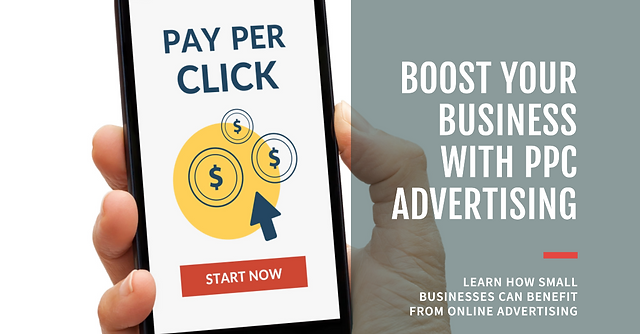
Effective ad copy is crucial for attracting and engaging potential customers. The ad copy should be concise, persuasive, and include a clear call to action. Once users click on the ad, they are directed to a landing page on the advertiser's website. The landing page should be optimized for conversion and provide relevant information to the user.
4. Budget and Bidding

PPC advertising allows businesses to set a daily budget for their campaigns. This budget determines how much you are willing to spend on clicks each day. Bidding is the process of determining how much you are willing to pay for each click on your ads. A higher bid generally increases the chances of your ad being shown, but other factors such as ad quality and relevance also come into play.
5. Monitoring and Optimization
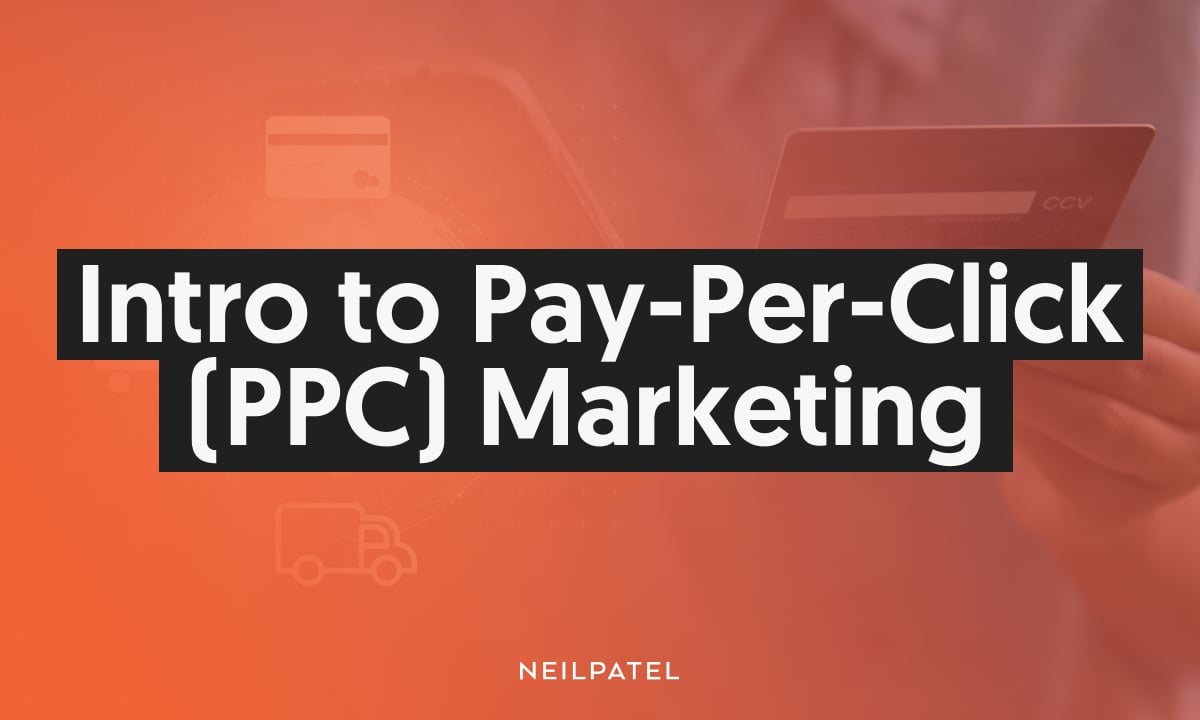
Once your PPC campaigns are up and running, it is important to monitor and optimize their performance. Regularly review the data provided by the advertising platform to identify areas for improvement. Make adjustments to your keywords, ad copy, and bidding strategy to maximize the effectiveness of your campaigns.
Understanding the fundamentals of PPC advertising is the first step towards leveraging this powerful marketing tool to drive traffic to your website and increase conversions. If you're looking to increase your website traffic through PPC advertising, consider buying traffic to boost your results.
Benefits of PPC Advertising
PPC (Pay-Per-Click) advertising offers numerous benefits for businesses of all sizes. Here are some of the key advantages of using PPC advertising for boosting website traffic:
1. Immediate Results
With PPC advertising, your website can start receiving targeted traffic immediately. Unlike organic SEO efforts, which can take weeks or even months to see results, PPC ads are displayed instantly, allowing you to generate traffic and leads right away.
2. Targeted Advertising

PPC platforms like Google Ads allow you to target specific keywords, demographics, locations, and devices. This enables you to reach your ideal audience and ensure that your ads are shown to those most likely to convert into customers. By targeting the right audience, you can maximize your return on investment (ROI) and improve your conversion rates.
3. Cost Control
One of the biggest advantages of PPC advertising is that you have complete control over your budget. You can set daily or monthly spending limits, and you only pay when someone clicks on your ad. This means that you can easily track and measure the effectiveness of your campaigns and make adjustments as needed to optimize your spending.
4. Brand Visibility
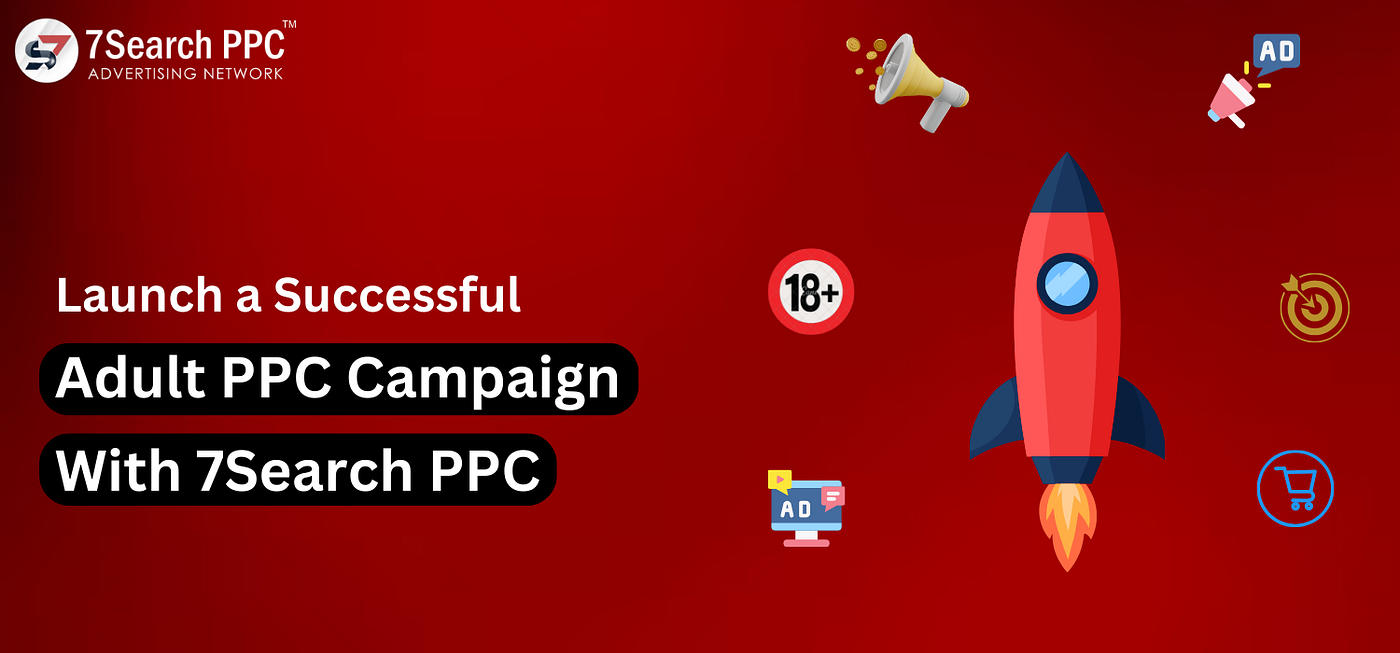
PPC ads appear at the top or bottom of search engine results pages, giving your brand maximum visibility. Even if users don't click on your ad, they see your brand name and become aware of your products or services. This helps to increase brand recognition and can lead to future visits or conversions from those who remember your brand.
5. Better ROI compared to traditional advertising
PPC advertising offers a higher return on investment compared to traditional forms of advertising. Since you only pay when someone clicks on your ad, you have more control over your spending, and you can measure the effectiveness of your campaigns more accurately. This allows you to allocate your advertising budget to the most successful campaigns and maximize your ROI.
Overall, PPC advertising is a powerful strategy for increasing website traffic. Its immediate results, targeted advertising capabilities, cost control options, brand visibility, and high ROI make it a valuable tool in any digital marketing campaign.
Targeting the Right Audience
One of the key factors in a successful PPC advertising campaign is targeting the right audience. Your ads need to reach the people who are most likely to be interested in your products or services. By targeting the right audience, you can increase the effectiveness of your campaign and drive more relevant traffic to your website.
To target the right audience, it's important to understand who your ideal customers are and what they are looking for. Conducting market research and defining your target market will help you create ads that resonate with your audience.
Keyword targeting: One way to target the right audience is by using keywords in your PPC campaigns. Research popular search terms related to your business and use those keywords in your ad copy. This will help your ads appear in relevant search results.
Location targeting: If your business operates in a specific location, use location targeting to reach people in that area. This ensures that your ads are only shown to people who can actually visit your store or use your services.
Demographic targeting: Consider the demographics of your target audience, such as age, gender, and interests. By tailoring your ads to appeal to specific demographics, you can increase the chances of attracting the right audience to your website.
Device targeting: With the increasing use of mobile devices, it's essential to consider device targeting. Optimize your ads for mobile devices and ensure they provide a seamless user experience on smartphones and tablets.
By targeting the right audience, you can maximize the return on investment (ROI) of your PPC advertising campaign. Remember that reaching a smaller, more targeted audience may yield better results than targeting a wider but less relevant audience. Consider using native traffic sources to tap into highly engaged audiences and increase your website traffic.
Setting Up Effective PPC Campaigns
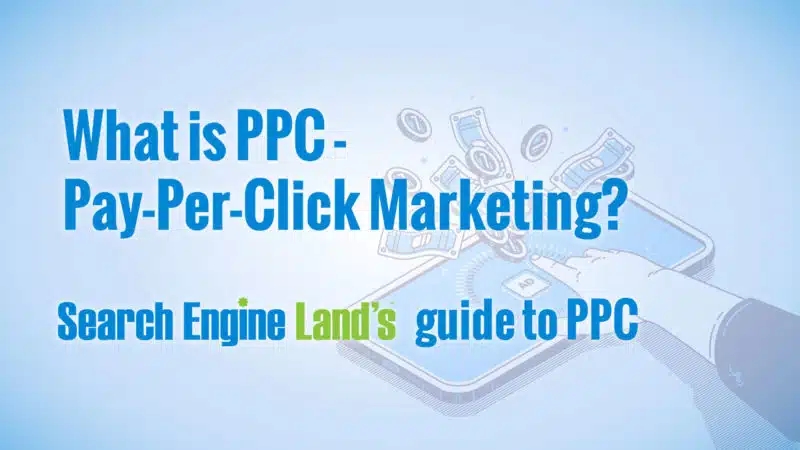
When it comes to driving traffic to your website, pay-per-click (PPC) advertising can be a highly effective strategy. Setting up a successful PPC campaign requires careful planning and execution. Here are some steps to help you create campaigns that generate results:
1. Define Your Goals
Before you start your PPC campaign, it's important to clearly define your goals. Whether you want to increase website traffic, generate leads, or boost sales, having specific goals will help you tailor your campaign for success.
2. Conduct Keyword Research
Keyword research is crucial for a successful PPC campaign. Use keyword research tools to identify relevant keywords that are highly searched by your target audience. This will increase the chances of your ads being displayed to the right people.
3. Create Compelling Ad Copy
The ad copy is what captures the attention of potential customers. Make sure your ad copy is relevant to the keywords you're targeting and clearly communicates the benefits of your products or services. Use strong calls-to-action to encourage clicks.
4. Set Up Effective Landing Pages
A well-designed landing page is essential for converting clicks into valuable actions. Make sure your landing page is relevant to your ads and provides clear and concise information. Use persuasive elements such as testimonials, images, and a strong call-to-action to encourage conversions.
5. Implement Conversion Tracking
Conversion tracking allows you to measure the success of your PPC campaigns. Set up conversion tracking codes on your website to track the actions that matter to your business, such as purchases, sign-ups, or downloads. This will help you optimize your campaigns for better results.
6. Monitor and Optimize
Once your PPC campaigns are live, it's important to closely monitor their performance and make necessary optimizations. Keep an eye on key metrics such as click-through rates, conversion rates, and cost-per-click. Continuously test and refine your campaigns to improve their effectiveness.
By following these steps, you can set up effective PPC campaigns that drive targeted traffic to your website and help you achieve your marketing goals.
Optimizing PPC Campaigns for Better Results
Running a successful PPC campaign requires more than just setting up ads and bidding on keywords. To achieve better results and maximize your website traffic, it is crucial to optimize your PPC campaigns. Here are some essential strategies to consider:
1. Conduct Extensive Keyword Research
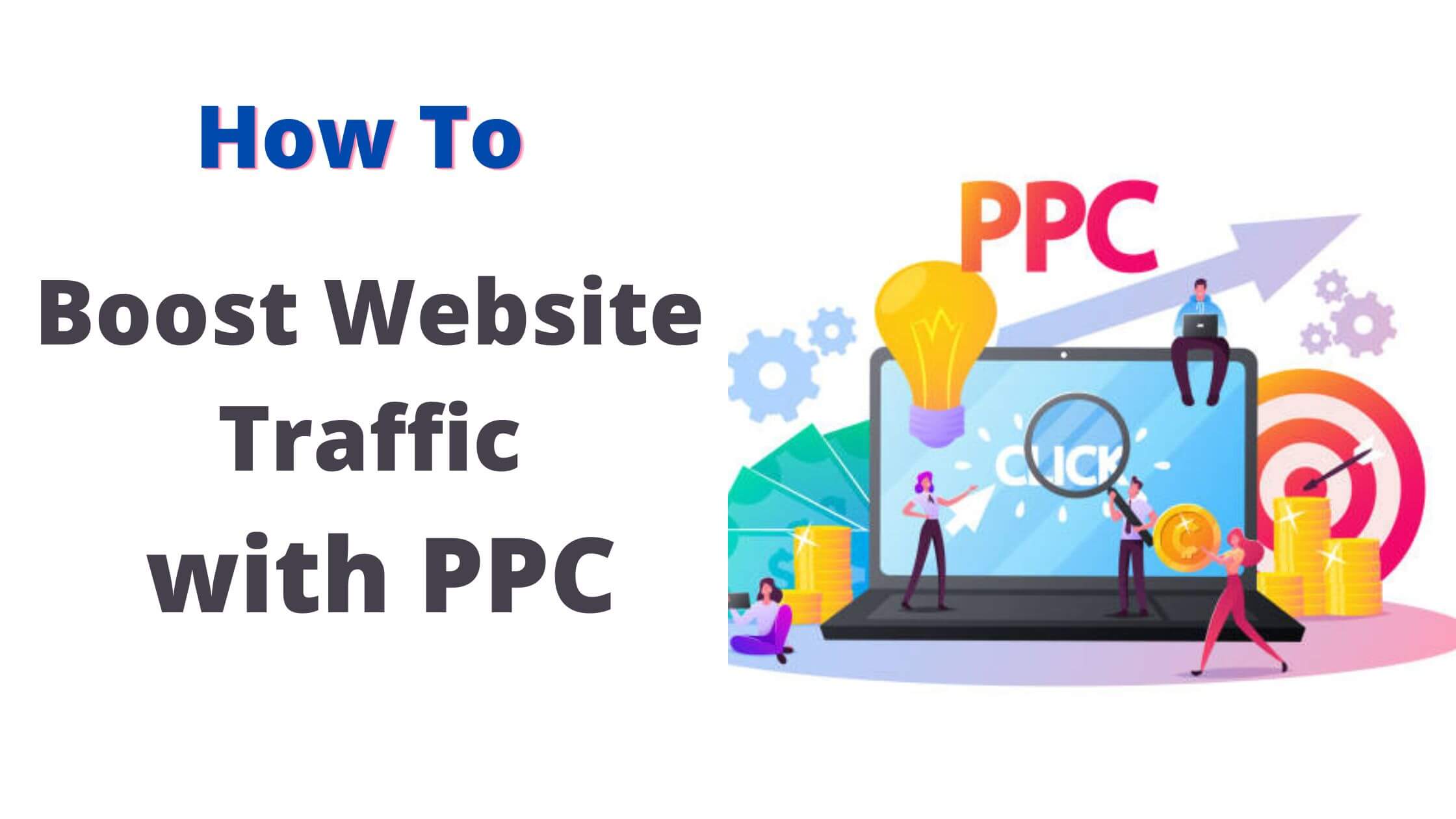
Keyword research is the foundation of a successful PPC campaign. Identify relevant keywords with high search volume and low competition. Use keyword research tools to gather insights and discover new keyword opportunities. Constantly monitor and update your keyword list to stay relevant and keep up with changing trends.
2. Create Compelling Ad Copy
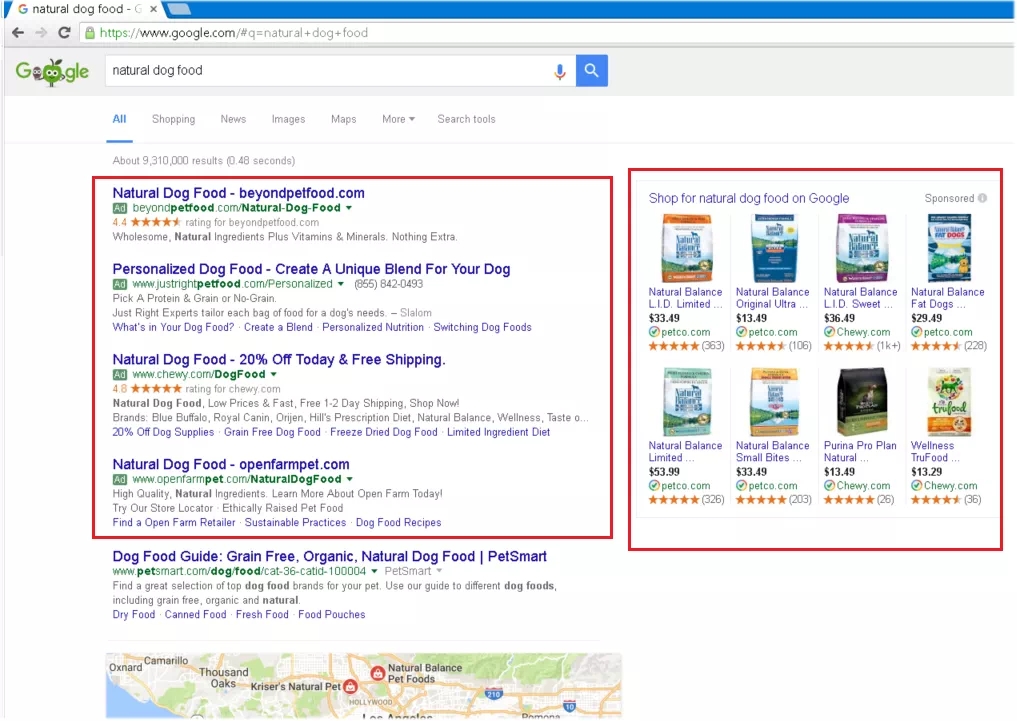
Your ad copy plays a vital role in attracting clicks. Write compelling, relevant, and persuasive ad copy that drives users to click on your ads. Highlight your unique selling proposition, use strong call-to-action statements, and incorporate relevant keywords. Test different variations of ad copy to see which performs best and make necessary adjustments.
3. Optimize Landing Pages
Once users click on your ads, it's important to ensure that the landing page they land on is optimized for conversions. Design clear and user-friendly landing pages that match the intent of your ads. Use captivating headlines, persuasive content, and strong calls-to-action. Conduct A/B testing and make data-driven decisions to optimize your landing pages for better results.
4. Monitor and Optimize Ad Performance

Regularly monitor the performance of your ads to identify areas of improvement. Track important metrics like click-through-rate (CTR), conversion rate, and cost per conversion. Optimize underperforming ads by testing new keywords, ad copy variations, and landing pages. Make data-driven decisions and continually refine your campaigns for better results.
5. Implement Ad Extensions
Ad extensions provide additional information and improve the visibility of your ads. Utilize ad extensions like sitelinks, call extensions, and review extensions to enhance your ad's appearance and increase its relevance. Ad extensions not only optimize your ads but also improve your ad's click-through-rate and overall performance.
6. Set a Realistic Budget and Bidding Strategy
Effective budgeting and bidding strategies are essential for optimizing your PPC campaigns. Set a realistic budget and allocate it strategically across your campaigns. Use bidding strategies like cost-per-click (CPC), cost-per-acquisition (CPA), or return-on-ad-spend (ROAS) to maximize the performance of your campaigns. Regularly analyze and adjust your budget and bidding strategy based on campaign performance.
By optimizing your PPC campaigns, you can drive more targeted traffic to your website and achieve better results. Implement these strategies, continually track your campaign performance, and make data-driven decisions to maximize the effectiveness of your PPC advertising.
Monitoring and Analyzing PPC Campaign Performance
Monitoring and analyzing the performance of your PPC campaign is crucial for its success. By keeping a close eye on the key metrics and data, you can make data-driven decisions to optimize your campaign and achieve better results. Here are some steps you can take to effectively monitor and analyze the performance of your PPC campaign:
1. Define Key Performance Indicators (KPIs):
Before you start monitoring your PPC campaign, it's important to define the KPIs that align with your goals. KPIs can include metrics such as click-through rate (CTR), conversion rate, cost per acquisition (CPA), and return on ad spend (ROAS). By setting clear KPIs, you'll be able to track and measure the success of your campaign accurately.
2. Use Analytics Tools:
Utilize analytics tools like Google Analytics or Bing Ads Insights to track and analyze the performance of your PPC campaigns. These tools provide valuable insights into your campaign's performance, including data on impressions, clicks, conversions, and more. By leveraging these tools, you can gain a deeper understanding of how your campaign is performing and identify areas for improvement.
3. Monitor Click-Through Rate (CTR):
CTR is a critical metric to measure the effectiveness of your ads. It shows the percentage of people who click on your ads after seeing them. A high CTR indicates that your ads are relevant and engaging to your target audience. Keep an eye on your CTR and make adjustments to your ads or targeting if necessary to improve your campaign's performance.
4. Track Conversion Rate:
Conversion rate measures the percentage of people who take a desired action on your website, such as making a purchase or filling out a form. It's essential to monitor your conversion rate to gauge the effectiveness of your ads in driving actual conversions. Optimize your landing pages, ad copy, and targeting to increase your conversion rate and maximize the return on your PPC investment.
5. Analyze Cost per Acquisition (CPA):
CPA refers to the average cost you pay to acquire a new customer or lead through your PPC campaigns. Monitoring your CPA helps you assess the efficiency and profitability of your campaigns. If your CPA is too high, evaluate your targeting, keywords, and bidding strategy to reduce costs and improve your campaign's performance.
6. Measure Return on Ad Spend (ROAS):
ROAS is a crucial metric that evaluates the profitability of your PPC campaigns. It calculates the revenue generated for every dollar spent on advertising. Ideally, you want to achieve a higher ROAS to ensure that your campaign is generating a positive return on investment. Continuously monitor your ROAS and make adjustments to your campaign accordingly.
By regularly monitoring and analyzing your PPC campaign's performance using these key metrics and analytics tools, you can make data-driven decisions to optimize your campaign, boost your website traffic, and achieve your marketing goals.
What is PPC advertising and how can it boost my website traffic?
PPC advertising stands for pay-per-click advertising, which is a digital marketing strategy that allows businesses to display ads on search engine results pages and other websites. With PPC advertising, businesses only pay when someone clicks on their ad. By targeting relevant keywords and optimizing ad campaigns, businesses can increase their visibility and drive more traffic to their website.
What are the benefits of using PPC advertising to boost website traffic?
There are several benefits of using PPC advertising to boost website traffic. Firstly, it allows businesses to quickly increase their visibility and reach a larger audience. Secondly, PPC advertising offers precise targeting options, ensuring that ads are shown to users who are most likely to be interested in the products or services offered. Finally, businesses only pay when someone clicks on their ad, making it a cost-effective method for driving traffic to a website.
How can I optimize my PPC ad campaigns for maximum website traffic?
To optimize your PPC ad campaigns for maximum website traffic, you can follow these tips: 1) Conduct keyword research to identify relevant and high-performing keywords to target in your ads. 2) Write compelling ad copy that is relevant to the keywords and appeals to your target audience. 3) Continuously monitor and analyze the performance of your campaigns to identify areas for improvement. 4) Test different ad formats and placements to see which ones yield the best results. 5) Optimize your landing pages to ensure a seamless user experience and encourage conversions.
Is PPC advertising suitable for all types of businesses?
PPC advertising can be suitable for a wide range of businesses, but its effectiveness may vary depending on factors such as industry, target audience, and budget. It is especially beneficial for businesses that want to increase their online visibility, drive targeted traffic to their website, and quickly see measurable results. However, it is important for businesses to carefully plan and execute their PPC campaigns to ensure they get the best return on investment.
What are some common mistakes to avoid when using PPC advertising to boost website traffic?
When using PPC advertising to boost website traffic, it is important to avoid some common mistakes, such as: 1) Not conducting proper keyword research and targeting irrelevant keywords. 2) Having poorly written ad copy that does not engage the audience or convey the value proposition effectively. 3) Not monitoring and optimizing campaigns regularly, which can result in wasted ad spend. 4) Sending traffic to generic or poorly optimized landing pages that do not encourage conversions. 5) Having an unrealistic budget or not setting clear goals for the campaign.
How does PPC advertising help boost website traffic?
PPC advertising helps boost website traffic by allowing businesses to bid on keywords and display their ads at the top of search engine results pages. When users click on these ads, they are directed to the advertiser's website, increasing traffic.
What are some advantages of using PPC advertising to boost website traffic?
Some advantages of using PPC advertising to boost website traffic include immediate results, the ability to target specific audiences, and the ability to track and analyze campaign performance. PPC also allows businesses to control their budget and only pay when ads are clicked.
Buy CPC Traffic | Buy Display Ads | Exclusive traffic sources | Buy Push Ads | Popunder ADS | Buy Native Ads | Buy Preroll Ads
2022-2024 @ Boost Your Website Traffic with PPC Advertising